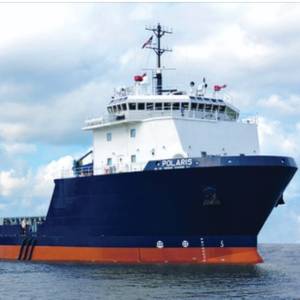
As oil exploration and production goes, so goes the market for Offshore Service Vessels (OSVs) and Platform Supply Vessels (PSVs). Throughout 2025, the prices of oil- which drives exploration and production (E & P), have softened, moving down towards $60/barrel amidst economic uncertainty and a wider than anticipated opening of the taps by major oil producers.
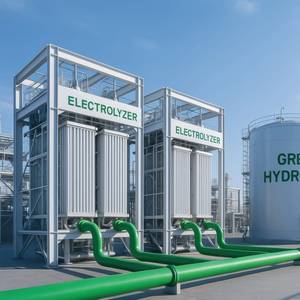
Green hydrogen developers are cancelling projects and trimming investments around the world, raising the prospect of longer than targeted reliance on fossil fuels.The challenges facing the sector have exposed its initial ambitions as unrealistic.Hard-to-electrify industries that were seen as ideal candidates for green hydrogen, such as steelmaking and long-distance transportation
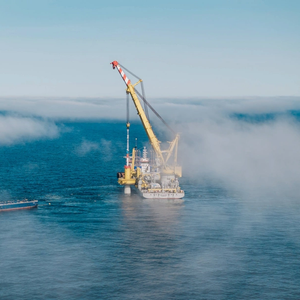
Jan De Nul has kicked off the installation campaign of the monopile foundations for RWE’s Thor offshore wind farm, completing the installation of the first of 72 monopiles with its heavy-lift vessel Les Alizés.When finished, Denmark’s largest wind farm to date will provide enough renewable energy to power more than a million Danish households.
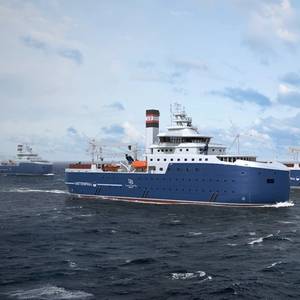
French ship owner Louis Dreyfus Armateurs (LDA) has selected SALT as the naval architect and Shanghai Zhenhua Heavy Industries Company (ZPMC) as the shipyard for the construction of three new service operation vessels (SOVs) ordered by Vattenfall.SALT, an offshore vessel designer and long-time partner of LDA, has been entrusted with the development of the new SOVs.

France set out a new energy law after years of wrangling on Thursday which slashes its wind and solar power targets and drops a mandate for state-run firm EDF to shutter nuclear plants."We need to stop our internal family squabbling. We need both nuclear and renewables," finance minister Roland Lescure told reporters.

Coal-fired power generation decreased 1.9% in 2025; non-fossil generation outpaces demand growthChina's coal-fired power generation decreased 1.9% in 2025, marking a historic shift driven by new non-fossil generation that has finally outpaced demand growth, according to a recent report from Wood Mackenzie.

Poland allocated 3.4 gigawatts (GW) of capacity in its first competitive offshore wind auction, the country's energy regulator URE said on Thursday, a boost for the renewable energy sector after setbacks in neighbouring markets.The auction was seen as a test of investor confidence in offshore wind, coming after U.S. President Donald Trump's opposition to renewables effectively froze the U.S.

A consortium of GE Vernova and Singapore’s Seatrium has secured a major contract from Dutch-German grid operator TenneT to deliver the BalWin5 offshore grid connection, a 2.2 GW high-voltage direct current (HVDC) transmission system designed to bring North Sea wind power to Germany’s electricity network.BalWin5 is expected to provide enough renewable electricity to supply about 2.
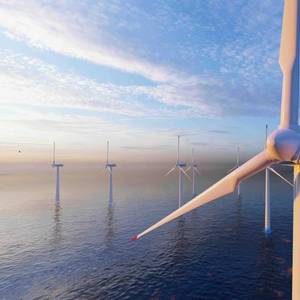
Offshore wind developers and equipment suppliers are bracing for a slowdown in business in France where a political crisis has stalled changes to the country's energy framework and government tenders.The threat of a further hit to France's economy comes after data released on Friday shows business activity declined faster than expected in October.

Mammoet has signed a contract with Heerema Marine Contractors to support topside floatover operations for TenneT 2 GW offshore grid project in the North Sea.Mammoet will help prepare two giant units for floatover operations by skidding the topsides from HTV to the newly-built Heerema H731 barge, using hydraulic skid shoes.

RWE Offshore Wind has awarded two long term agreements to Clarkson Port Services to support the operations and maintenance activities at its 1.6 GW Nordseecluster offshore wind project.The Dutch division of Clarkson Port Services will build a new warehouse facility in the port of Eemshaven.
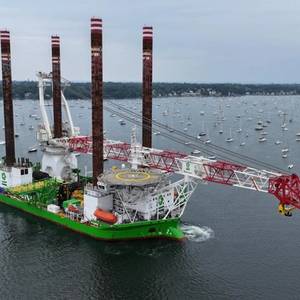
In the last decade, changing U.S. Administrations have become increasingly tumultuous, as the swings in priorities and directives have a real, material impact on business. Read on for insights on the current and future of U.S. Offshore Wind.In the weeks preceding his late January inauguration